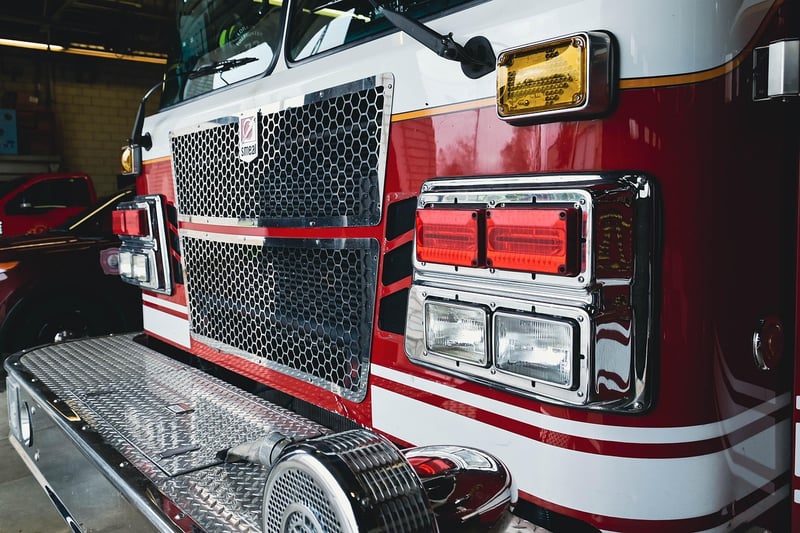Safety Guidelines
Prepare for Your Journey: Safety Guidelines
Introduction
Embarking on a journey can be an exciting and fulfilling experience, but it's crucial to prioritize safety throughout your travels. Whether you're planning a weekend getaway or a long adventure, following safety guidelines is essential to ensure a smooth and enjoyable trip. Here are some tips to help you prepare for your journey and stay safe along the way.
1. Research Your Destination
Before you set off, take the time to research your destination. Learn about the local customs, culture, and any travel advisories that may be in place. Understanding the area you're visiting can help you avoid potential risks and navigate unfamiliar surroundings more effectively.
2. Pack Wisely
When packing for your journey, pack light but include essentials such as medications, a first aid kit, appropriate clothing for the weather, and necessary travel documents. Be prepared for unexpected situations by carrying extra supplies like water, snacks, and a portable charger.
3. Stay Connected
Keep your loved ones informed about your itinerary and stay connected with them throughout your journey. Share your location when possible and have a reliable means of communication in case of emergencies. It's essential to have a backup plan in place in case your original plans change.
4. Be Mindful of Your Surroundings
While exploring new places, be aware of your surroundings and trust your instincts. Stay alert in crowded areas, avoid displaying valuables openly, and be cautious when interacting with strangers. Stay on well-lit paths at night and avoid isolated areas for your safety.
5. Follow Health Guidelines
Health and hygiene are crucial, especially when traveling. Follow recommended health guidelines, such as washing your hands frequently, staying hydrated, and getting enough rest. Be mindful of any local health advisories and take necessary precautions to stay healthy during your journey.
6. Emergency Preparedness
Prioritize emergency preparedness by knowing emergency contact numbers, local emergency services, and the nearest medical facilities at your destination. Carry a list of important contacts, including your embassy or consulate's information, and have travel insurance to cover unexpected medical or travel-related emergencies.
Conclusion
By following these safety guidelines and being prepared for your journey, you can enhance your travel experience while prioritizing your safety and well-being. Remember to stay vigilant, plan ahead, and enjoy the adventure responsibly. Safe travels!





